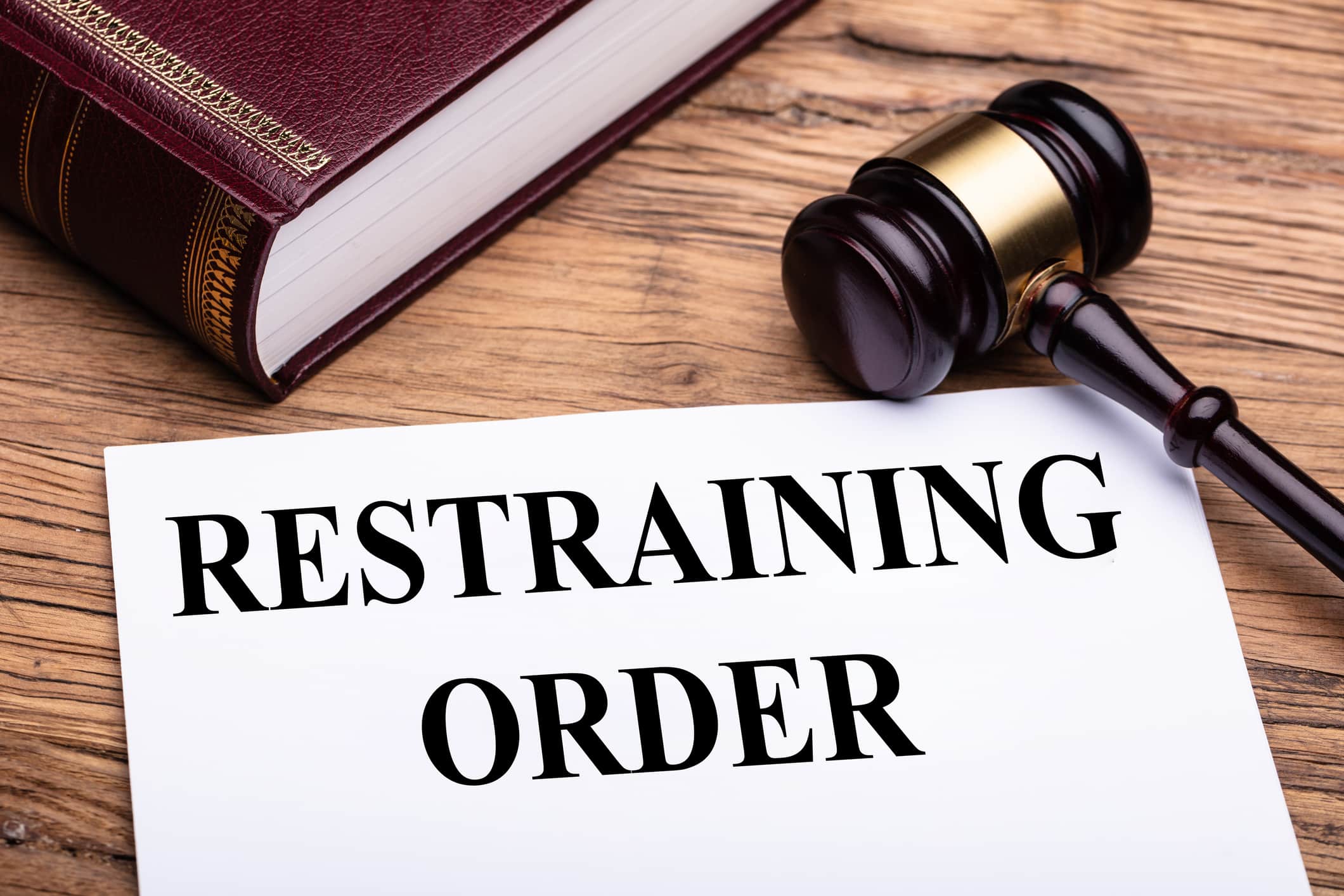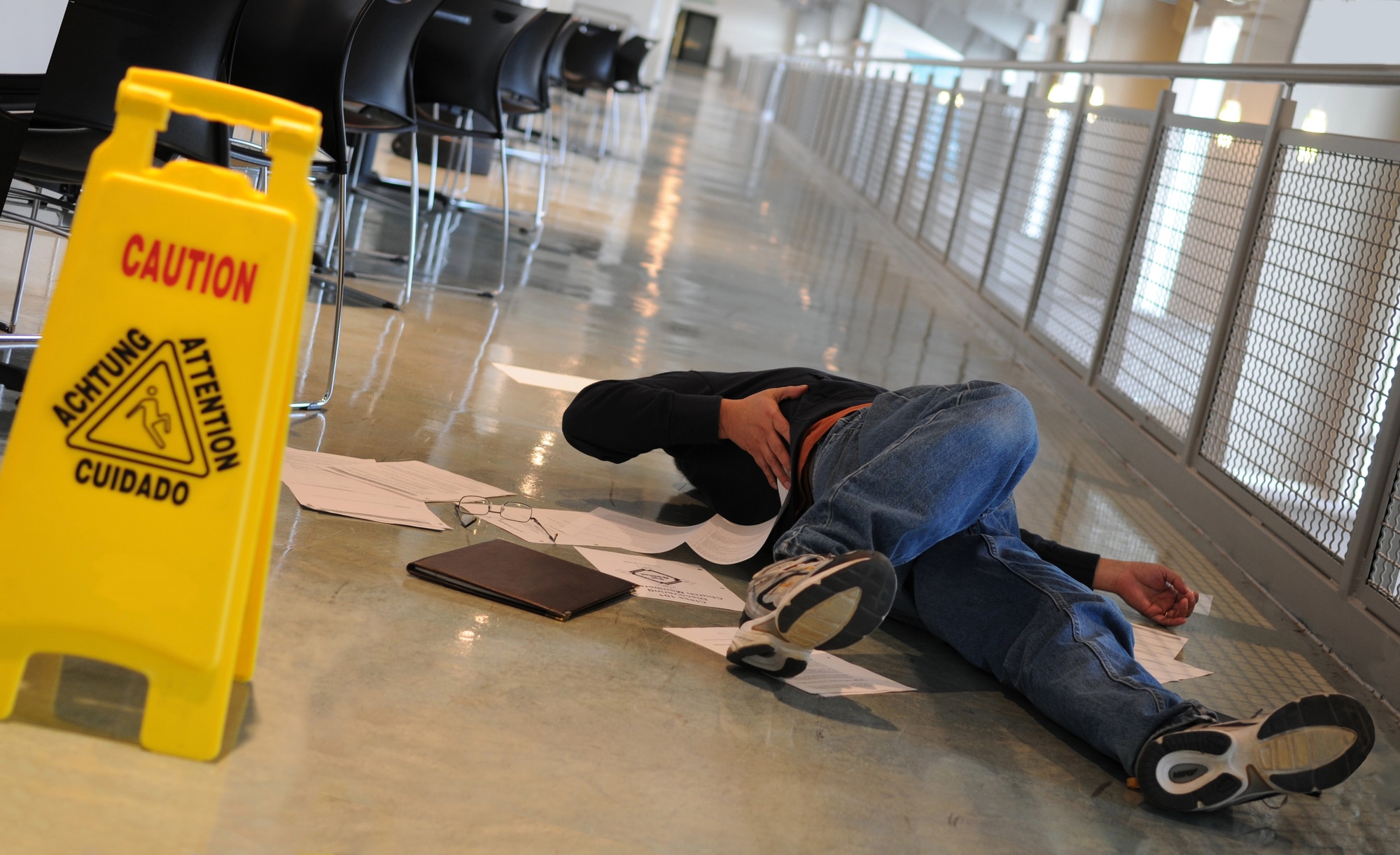Restraining orders, also known in Fresno as protective orders, will prevent a specific person from threatening, stalking, harassing, and otherwise abusing you in any manner whatsoever. You, as the person who is being harassed or abused, are the “protected person”. The person who the restraining order is filed against is referred to as the “restrained person”.
Most California restraining orders are filed due to domestic violence (physical or mental), threatening behavior that could escalate, stalking, or general harassment. If you are in physical danger, or any mental stress due to another’s behavior towards you, a legal restraining order should be a definite consideration. The restraining order should be filed before any of this behavior escalates, and you could be in real danger.
In Fresno, California, there are essentially four different types of restraining or protective orders. They include:
- Elder abuse – or dependent adult abuse – Wherein an older person is physically or mentally abused in any manner.
- Domestic violence cases – Either physical, or mental abuse by your spouse, partner, or other members of your family.
- Workplace violence – Physical violence at your workplace directed against you.
- Civil harassment – Verbal, social media, unwanted phone calls, and other types of harassment involving communication of any sort.
Any of these protective orders can be issued for months or could remain in effect for up to five years. If you are not sure what to do, there are shorter-term restraining orders (in effect for days or months)that are temporary orders, or emergency protective orders. These will give you time to consult with your Fresno family law firm so that you can go over all the details as to why you may want to file and get the professional advice you need.
It may be an extremely hard decision to make and seem drastic, but the courts put these orders in place for you, your children, and your loved one’s protection. They need not be permanent, but a family lawyer should be consulted before serious harm can occur.
What Are some of the Penalties for Violating a Restraining Order in Fresno?
If you do decide, with the help of your lawyer, to file a protective order, then the “restrained person” will have committed a crime if they violate it. Most of these types of violations are charged as misdemeanors, as opposed to felonies, but that is not always the case.

If violation of the order is committed and is charged as a misdemeanor, the usual punishment is:
- Imprisonment in the county jail for up to one year.
- A fine of up to $1,000.
The punishment depends, of course, on the details of the violation and the type of charge they receive.
For example, a felony restraining order charge could include:
- A minimum of 16 months, and up to two or three years in county jail.
- Much higher fines of up to $10,000.
In California, violating a restraining order is considered a “wobbler” offense. This translates as the crime can be charged as a misdemeanor or a felony, depending on the circumstances.
Your family practice lawyer can professionally explain all the details to you, so you are sure you want to move forward.
How Can I Enforce a California Restraining order?
If you have deemed it necessary to file a protective order, you have done so for your physical, emotional, or mental protection. So, if the restrained person violates, or disobeys any part of the restrictions in your restraining order, they can be punished. The fact is you must act right away!
You should do the following:
- Call the police and get them to your location as soon as possible.
- Gather as much proof as possible regarding the details of the violation of the restraining order.
- Ask the police and your Fresno family lawyer to immediately file charges against the restrained person.
- Have your lawyer file a civil contempt action.

Remember, you are filing this protective order for precise, and demonstrable legal reasons. The Fresno courts, and your lawyer, want to protect you from harm, and escalation of the “restrained person’s” actions will not be tolerated.
What Proof Do I Need to File a Protective Order in California?
The California court takes far fewer chances with restraining orders filed for domestic violence situations. They will issue a restraining order if you (as the petitioner) can prove (or show)to the satisfaction of the court, reasonable evidence of current or past acts of abuse. This has been interpreted to mean that you must demonstrate abuse by your own written and verbal personal testimony, using witnesses, photographs, video, or any lawful effective means.
This standard means that the Court must see photographs, text messages, e-mails, or any other physical evidence that will support your claims. Physical abuse is relatively easy to prove, but the courts now know that various forms of mental abuse (which current research shows can be just as damaging), may present a more difficult legal situation.

The proof is one of the legal hurdles your Fresno family lawyer, specializing in abuse of any kind, can provide invaluable help. By having the experience of a myriad of cases such as yours, your lawyers’ professional advice will determine what you need to have to prove your case.
They understand that this is a profoundly serious legal matter, but also know that protecting you, your children, your reputation, and possibly your life, is of paramount concern.
I Do Need to File a Restraining Order, What Should I Do First?
Filing a restraining order in Fresno is always serious, but sometimes very necessary for the safety and protection of yourself and those you love. As with most legal matters, it can be complex and you should always get the best, professional legal advice before doing so. The Fresno, California firm of Tomassian, Pimentel & Shapazian has helped a copious number of people, like yourself, decide on the right path for your protection using the law. Get a consultation as soon as possible, and make sure you stay safe, healthy, and emotionally sound.




